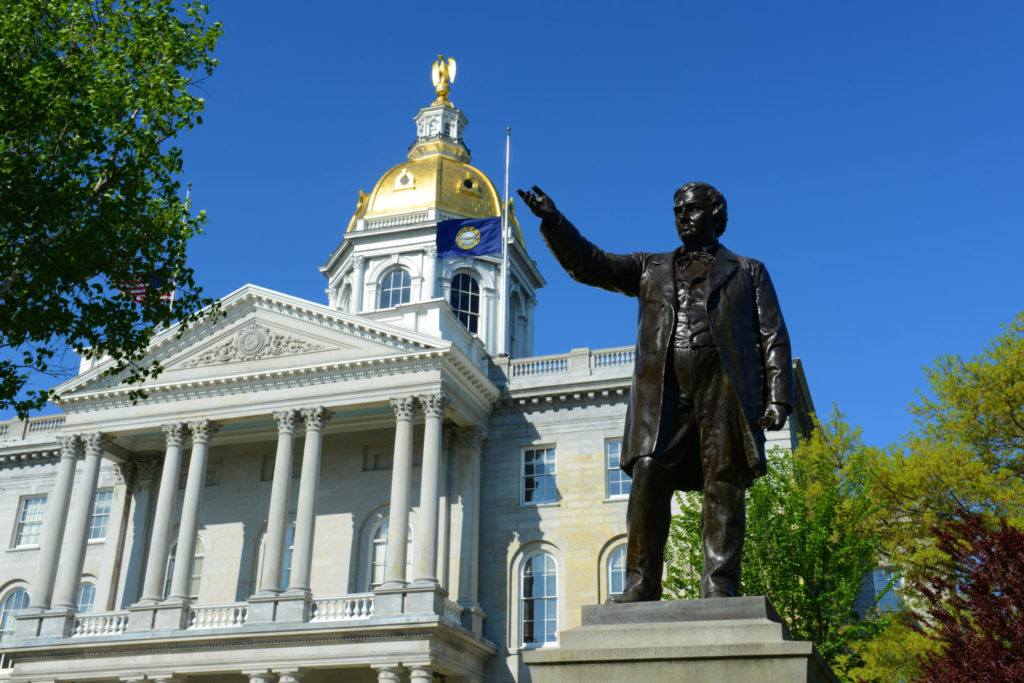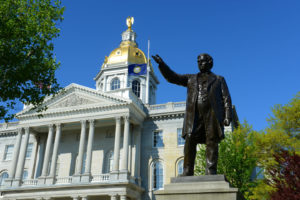New Hampshire lawmakers propose expanding education freedom program
Four school choice expansion bills were considered by the New Hampshire House Education Committee this week.
All four bills would reform the state’s Education Freedom Account (EFA) program,…

Four school choice expansion bills were considered by the New Hampshire House Education Committee this week.
All four bills would reform the state’s Education Freedom Account (EFA) program, which launched in 2021. The program currently provides low-income students with education savings accounts worth $5,000 – a mere quarter of what public schools spend per student.
Program enrollment more than doubled from 2,000 students in 2022 to nearly 5,000 in 2023.
“This legislation is not just about choice,” wrote state Rep. Joe Sweeney, R-Salem, in a statement. “It’s about recognizing that circumstances like family income, health, and personal safety can significantly impact a student’s ability to learn and succeed.
“By broadening the eligibility for the Education Freedom Accounts program, we are opening doors for students who might otherwise have limited educational opportunities.”
Sweeney’s bill, HB 1561, would open up the EFA program to students who are “persistently bullied”; test in the bottom 25th percentile; live in a school district in the bottom 10th percentile; are diagnosed with an eating or mental health disorder; identify as “lesbian, bisexual, gay, transgender, or non-binary”; or “whose current district guidance counselor determines it is in the best interest of the student.”
Others expansion bills include:
- HB 1677, which would allow students whose attempts to transfer to a different public school have failed or who live in a district performing 49% or below on state standards
- HB 1665, which would raise the income limit from 350% of the federal poverty level to 500%
- HB 1634, which would remove the income limit altogether, effectively making the program universal
Republican Gov. Chris Sununu already raised the income limit from 300% to 350% last year.
Education bureaucrats did their best to villainize parental choice at the House Committee meeting. Megan Tuttle, president of the New Hampshire branch of the National Education Association, even claimed school choice would somehow reduce educational opportunities.
“The package of House bills considered today to establish a universal voucher system would actually diminish educational opportunities by diverting even more state funds from our public schools, which 90% of Granite State students attend,” she said. “In rural communities that lack access to private schools, the impact of this legislation would be even harder felt.”
“Students have so many needs right now,” added Deb Howes, president of American Federation of Teachers-New Hampshire. “We don’t want an expanded voucher program aimed at dividing our communities and dividing the parents of our public schools.”
Howes actually filed a lawsuit against the EFA program, claiming it was unconstitutional for the state to fund private education. However, a Superior Court judge ruled in favor of school choice, saying its funding was a “respectively minor allocation.”
New Hampshire currently spends nearly $4 billion on education annually.


